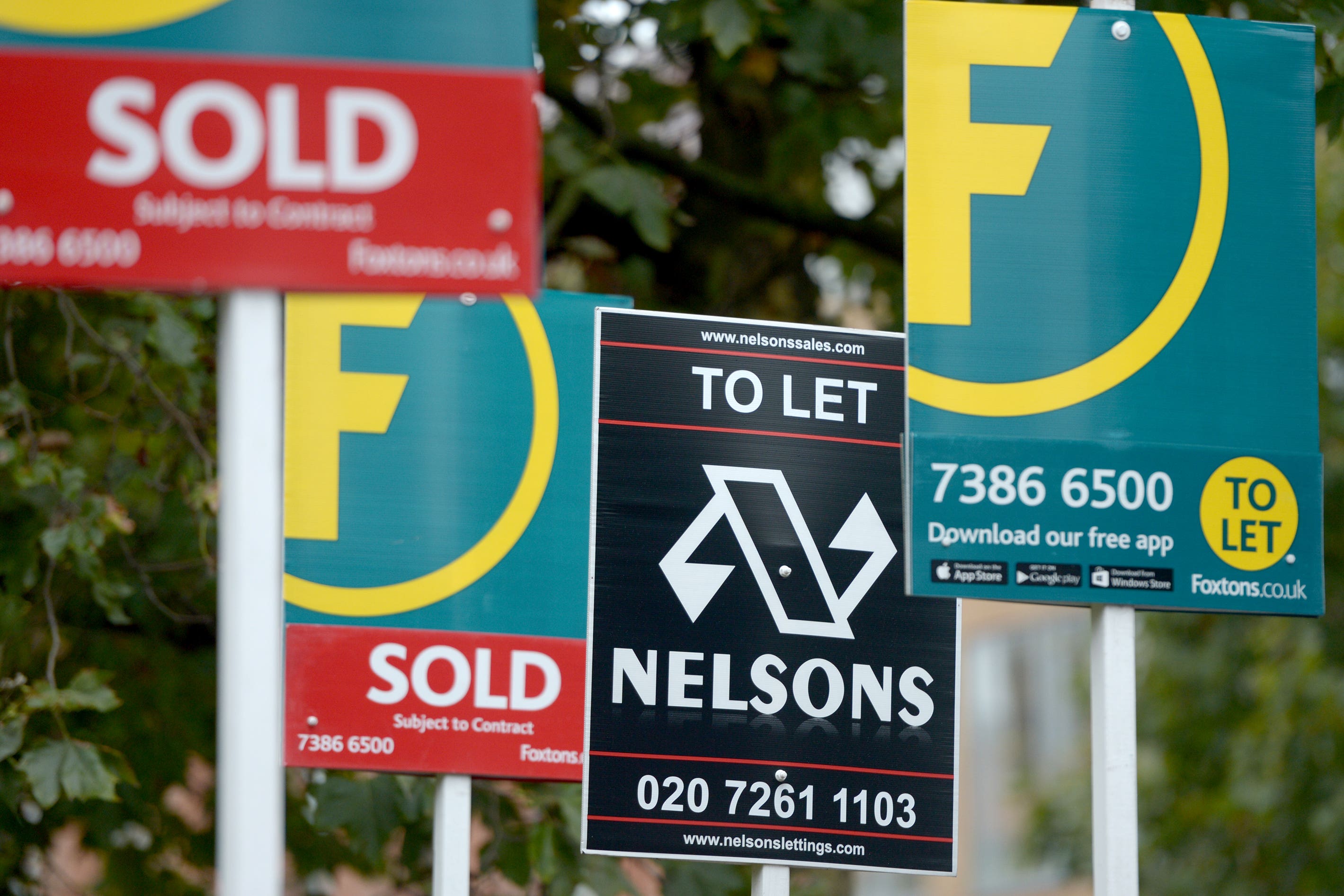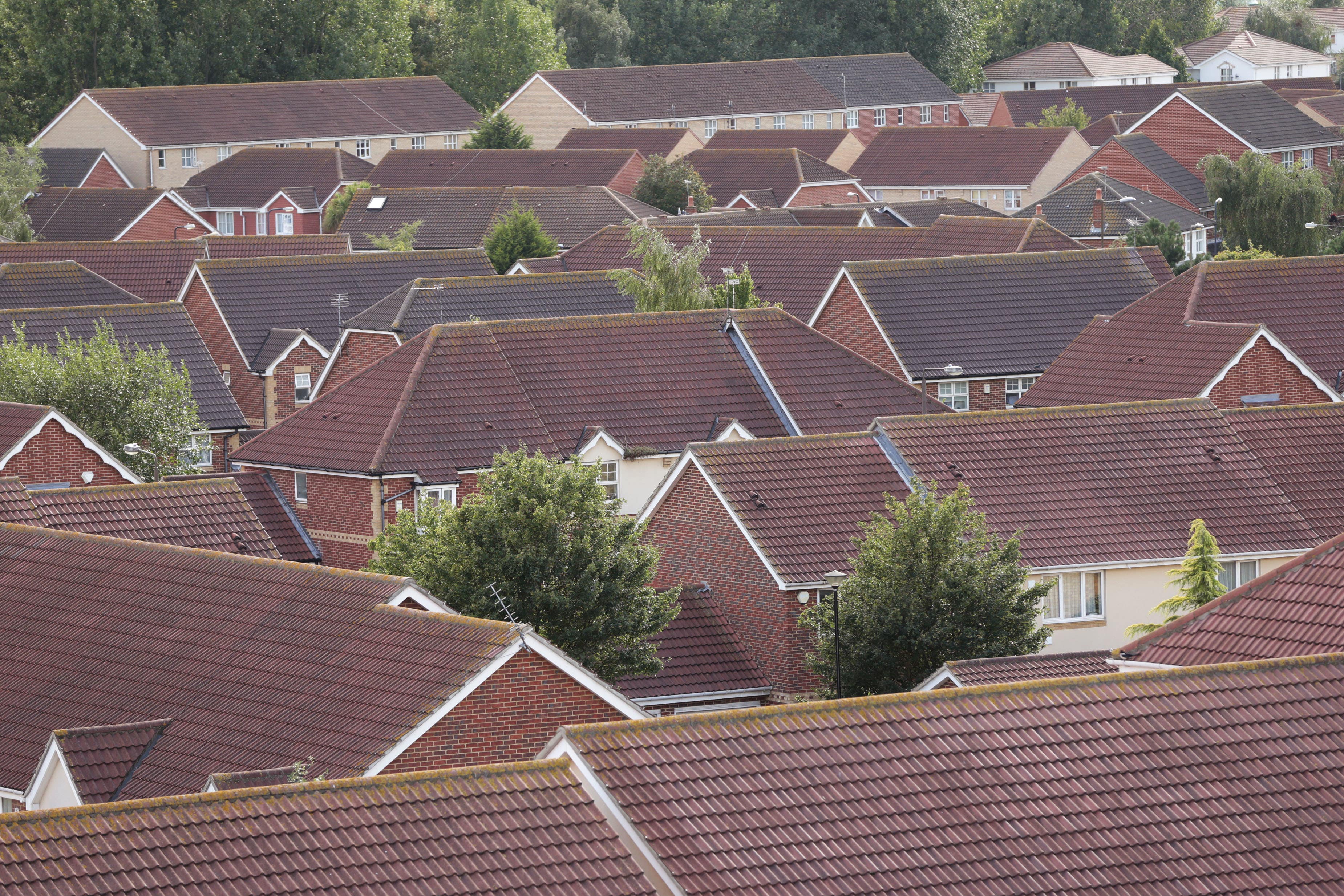Mapped: The cheapest places to buy a house in the UK according to new study
Halifax says typical house prices in early 2024 have ‘largely plateaued’ but predicts they will rise later in the year
Your support helps us to tell the story
This election is still a dead heat, according to most polls. In a fight with such wafer-thin margins, we need reporters on the ground talking to the people Trump and Harris are courting. Your support allows us to keep sending journalists to the story.
The Independent is trusted by 27 million Americans from across the entire political spectrum every month. Unlike many other quality news outlets, we choose not to lock you out of our reporting and analysis with paywalls. But quality journalism must still be paid for.
Help us keep bring these critical stories to light. Your support makes all the difference.
With interest rates still sky-high and the cost of living crisis far from over, prospective house buyers may be considering upping sticks and moving to a different area of the country to get a struggling leg onto the property ladder.
While prices in London and south-east England remain unattainable for many first-time buyers, there are several areas across the country where properties are more affordable and may appeal to those who are prepared to relocate.

North-east England remains the most affordable part of the country to buy a home in the UK, according to Halifax’s latest house price index. Buying a property there will set you back on average £172,538.
Northern Ireland was the second most affordable region of the UK, with the average price there coming in at £192,502. Scotland was third, with the average buyer in the country shelling out £204,579 for a property.
Halifax’s monthly price index said that the average house rose by 0.1 per cent in April month-on-month, after a fall of 0.9 per cent in March. The building society said typical house prices in early 2024 have “largely plateaued”.
Property values grew by 1.1 per cent annually, accelerating from a 0.4 per cent rise recorded the previous month, with the typical UK home costing £288,949 in April, compared with £288,781 in March, Halifax said.
Unsurprisingly, London and south-east England remain the most expensive regions to buy in, at £539,336 and £384,972 respectively.
Lenders have in recent weeks begun increasing mortgage costs because analysts believe the Bank of England will make fewer interest rate cuts this year due to stickier-than-expected inflation.
Barclays, HSBC, NatWest, Accord and Leeds Building Society were among those who hiked rates at the end of last month after ONS data showed that inflation was 3.2 per cent in March - slightly higher than the 3.1 per cent predicted by economists.
At the start of the year money markets predicted as many as five or six cuts to interest rates, but now are anticipating as few as two, with some economists expecting the first cut to take place in June.

Despite the increased cost of buying a house, an estimate by estate Savills published this week predicted that property prices would rise 2.5 per cent this year - a dramatic reversal from its November forecast, which said they would fall 3 per cent.
The FTSE 2050 company said it expected the housing market to move faster than previously anticipated because of growing confidence that mortgage rates would remain stable and steadily fall after recent rises.
Responding to Halifax’s latest house price index figures, Amanda Bryden, the building society’s head of mortgages, said that the housing market was “finding its feet” in an era of higher interest rates.
She said that, despite increased costs, homebuyers were gaining more confidence from a period of “relative stability”.
“Our recent research also found that buyers are adjusting their expectations, with first-time buyers in particular compensating for higher borrowing costs by targeting smaller properties,” Ms Bryden added.
“We see this reflected in property prices for the first few months of this year, with the value of flats rising most sharply, closing the ‘growth gap’ on bigger properties that’s existed for most of the last four years.”
Halifax also estimated that prices would continue to grow throughout 2024.
Ms Bryden said: “If, as is still expected, downward moves in bank rate come into play later this year, fixed mortgage rates should fall.
“Combined with the resilience displayed by the housing market over recent months, we now expect property prices to rise modestly over the course of 2024.”
Subscribe to Independent Premium to bookmark this article
Want to bookmark your favourite articles and stories to read or reference later? Start your Independent Premium subscription today.

Join our commenting forum
Join thought-provoking conversations, follow other Independent readers and see their replies
Comments